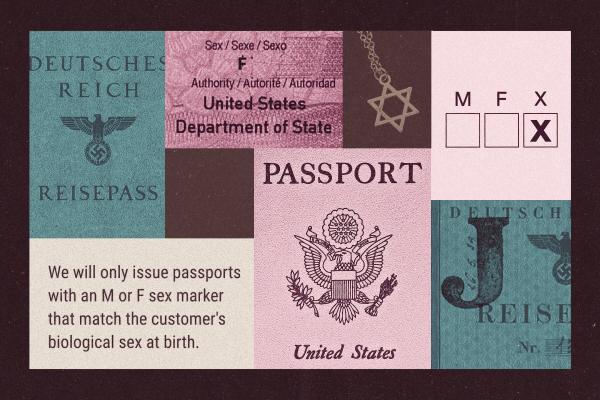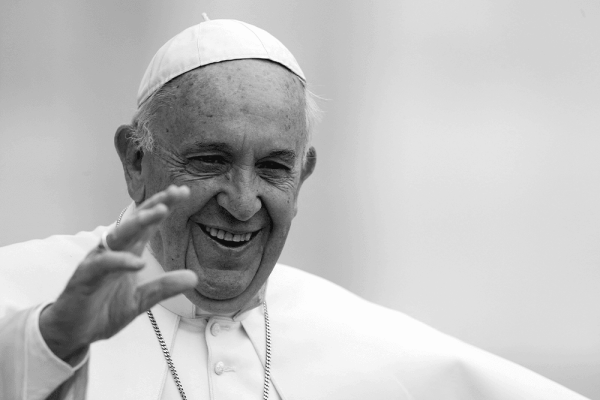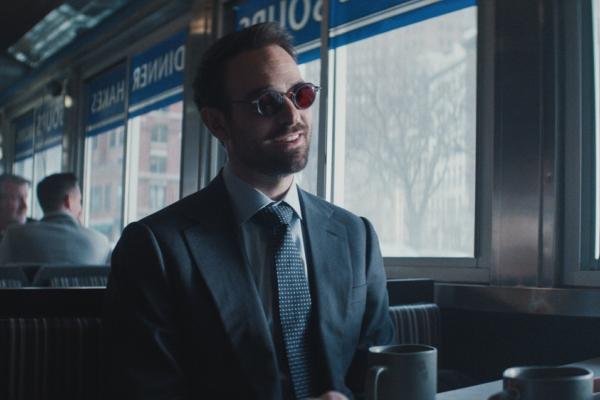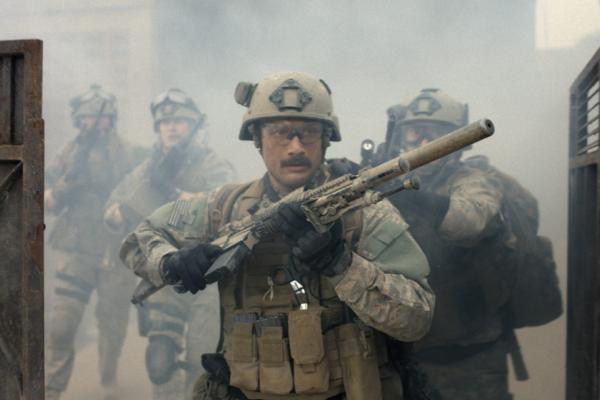Climate change is not a future disaster. It's a present-day earthly trauma with colossal repercussions that many scientists warn can no longer be entirely reversed. So how do we maintain hope when our earth is brutalized daily by the climate disasters brought on by human greed, denial, and consumption? Is hope still useful or honest as the Amazon burns, shorelines disappear, and water grows toxic? Sojourners asked three Christian leaders how they imagine —or reimagine — hope in the face of climate catastrophe.
Rev. Susan Hendershot is the president of Interfaith Power and Light:
Hope plays a special role in our religious faith. We hope for things that are yet unseen, for a world that is yet unrealized. But I hear over and over again that hope is too passive of a word in the world we find ourselves in — we can’t simply “hope everything works out.” That kind of hope allows us to stay at home and do nothing while we wait for others to change the world.
Mary Oliver has a beautiful little poem entitled “Watching a Documentary About Polar Bears Trying to Survive on the Melting Ice Floes”:
That God had a plan, I do not doubt.
But what if His plan was, that we would do better?
This poem reminds me that hope is active. It is about people of faith showing up and doing the work, day after day, even when it is hard, and we feel that there isn’t much to show for it. Hope is about believing that the future isn’t already decided, and that what we do matters. It is about joining our hearts and our voices with one another because it is our sacred vocation to do so.
At the Global Climate Strike on September 20, I realized that we are now following the lead of our young people, and that our role in some ways has shifted to supporting their voices. When people of faith unite behind our children and youth, when we raise our voices together, we have a powerful moral opportunity to make lasting systemic change for the benefit of our earth and all of its inhabitants.
Rev. Dr. Grace Ji-Sun Kim is an Associate Professor of Theology at Earlham School of Religion, and the author or editor of 17 books including Reimagining Spirit, and Embracing the Other:
When we hope, we are taking a certain risk into our hands. This risk is a quiet virtue, an expectation toward something that does not belong in the past or present, or in the material world at all. It is an expectation toward the unknown distance ahead of us, where nothing is seen and nothing is possessed. So, though we yearn to eventuate a future that does not exist, we continue to reach out because we believe it nonetheless. We have to believe in bettering. We have to believe in the lives that come after us. The children, the generations, the nations that will have to endure the fragmented and destructed earth that we have actively created. We occupy a single place in creation and are interdependent on the network of creatures and environments that we have taken into exploitative possession. Taking care of God’s creation is essential in the plight to live a righteous life. We have strayed so far from it.
There is only one direction in this climate change: forward. We are accelerating fast, and increasingly so, into the worst environmental crisis of our world, and the only option is to rebuild; to commune, to fight for effective change, and hope for our brother and sisters to join us and continue the battle. Hope is anchored to the very presence of God, the “inner place” that dwells without discernment. The anchor is not in the very place the ship is in, rather a place removed from it, a greater, holier place. The place we are in now will not recover from us simply hoping. We must take action. We must be vigilant. We must employ sustainable practices, vocalize our plans for change and support those who are both leaders and newcomers to this monumental issue. This is not a social issue, this is not a political issue, this is an all-encompassing living issue far greater than human life.
Hope is a confidence that has altered my worldview dictated by fear, to one that acknowledges that peril is necessary for justness. It grows day by day. I live with an enduring devotion to this sentiment: The longer I live, the more adversity I face, the more patience I cultivate for a growing hope.
Rev. Dr. Gerald Durley is Board Chair of Interfaith Power and Light and pastor emeritus of Providence Missionary Baptist Church:
I am an African-American civil rights veteran, and the climate catastrophe I am witnessing today is an extension of what we saw, felt, endured, and fought against during the 60s. We were “legally” denied our constitutional rights to vote, could not buy what (or where) we could afford, could not ride in the front of the bus, had no access to an equal quality education, and were refused employment opportunities.
It seemed, at times, to be a hopeless struggle as we persevered for justice. African Americans were not only law abiding citizens, but were primarily strong Christians who believed and trusted that God would see them through many dangers, toils, and snares. God was their Hope, and that Hope would bring them through a racially insensitive catastrophe. It was imperative and essential that we never lost hope, because our cause was just and God was on our side.
Climate change is the civil and human rights movement of our time. Everyone deserves their constitutional rights to clean water, toxin-free air, non-polluted waterways, and a sustainable environment which supports a harmonious balance among humans, animals, plants, and insects. As we experience rising temperatures, floods, hurricanes, earthquakes, wild fires, bleached corals, asthma, and cancer, these overwhelming conditions have created a deep sense of hopelessness. Many feel that it is too little too late to mitigate climate change.
The Christian community, since it’s earliest inception, has always been grounded in providing hope for the least, the lost, the forgotten, the depressed, and those who see no way out of their circumstances. The Bible is full of stories and examples of how hope was needed to assure the victory. These words from Christian scripture continue to bring hope today:
“God will never forsake you.”
“Put your trust in the Lord.”
“Nothing is impossible for God.”
“God will make a way out of no way.”
These few simple phrases along with prayer will assist Christians to face, challenge, and ultimately reverse climate change. This assurance, from the Christian tradition, provides the required and necessary hope to believe that “we shall overcome” this current climate crisis.
Got something to say about what you're reading? We value your feedback!









